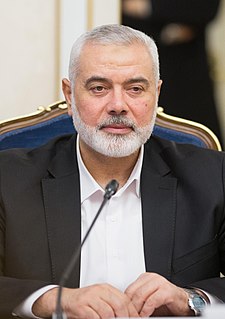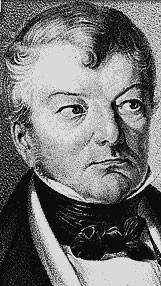A Quote by Dan Shechtman
I can unite the people of Israel, so I won't speak about controversial issues, which divide the people.
Quote Topics
Related Quotes
A lot of my books deal with very controversial issues that most people often don't want to talk about, issues that, in my country, are more likely to get put under the carpet than get discussed. And when you talk about moral conundrums, about shades of gray, what you're doing is asking the people who want the world to be black and white to realize instead that maybe it's all right if it isn't. I know you'll learn something picking up my books, but my goal as a writer is not to teach you but to make you ask more questions.
Unlike the issue of messiahhood, which arose when Jews and Christians were members of the same religio-political community and spoke the same conceptual language, the issues of the incarnation and the Trinity divide people who are no longer members of the same community and who no longer speak the same language.
Those people are seen, I assume, by Larry [Kramer] as writing partly about gay issues and problems, whether it's on the surface or not, and I am not. But another thing is when we met, there still wasn't exactly a gay/straight divide in the minds of a lot of straight people. There weren't any gay people, as far as we knew, at Yale.
I am really passionate about transparency and trans rights issues, so I embrace these opportunities to speak. I try to stay in touch with those who are prominent in both the trans and transparency movements, but more often than not, I am speaking out on a particular issue on my own. I certainly hope that people listen to me and think about these issues. But regardless of whether I had a public venue to speak in, I would still be passionate about them.
I write and speak about personal and spiritual growth. One week I write about illness and another week I speak about relationships and another week I write about work and money and another week I speak to people with obesity issues. I write about whatever wounds seem to cry out for more enlightened solutions, and the love that heals them all.
Right after undergrad, I started doing low-level work on health issues in sub-Saharan Africa, and what struck me was the disconnect between how people in New York would speak about some of the issues people were facing. At the time, 2006-ish, there were a number of big media campaigns to raise awareness about HIV in sub-Saharan Africa.





































